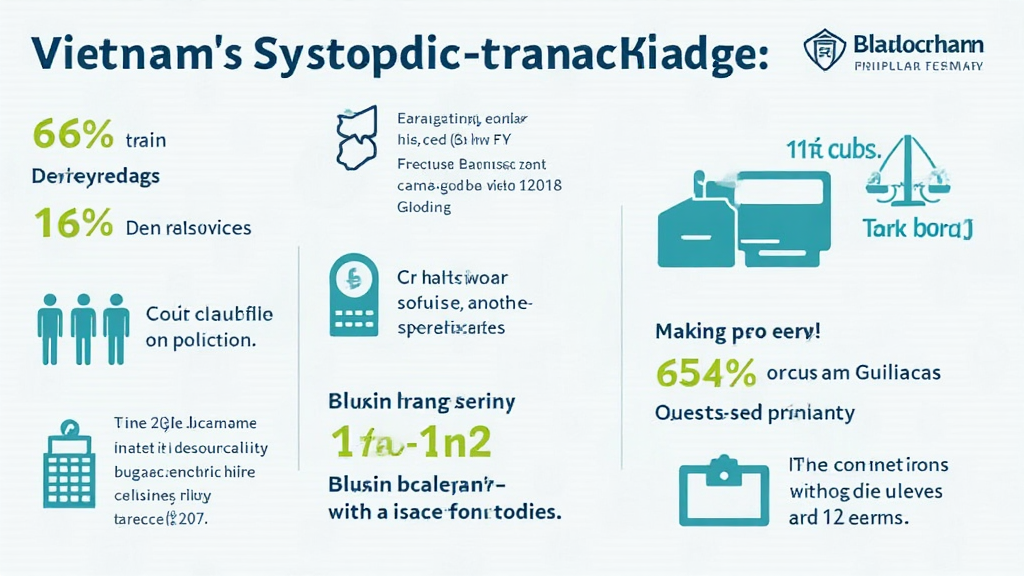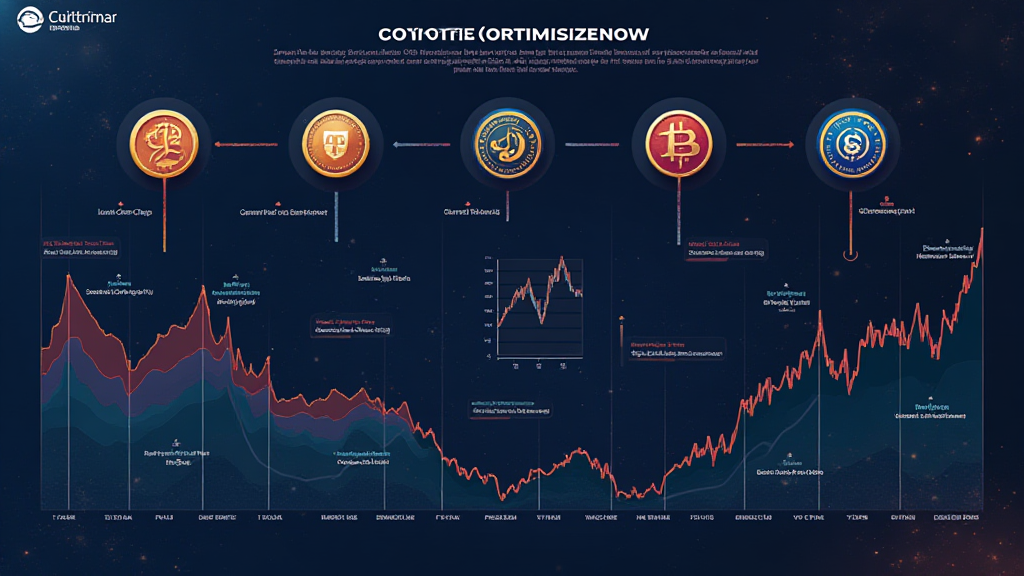Unlocking the Future: Vietnam’s Blockchain Credit Scoring Revolution
Unlocking the Future: Vietnam’s Blockchain Credit Scoring Revolution
As the world increasingly gravitates towards decentralized finance, it’s essential to ask: How can blockchain technology reshape traditional financial systems, particularly in emerging markets? In 2023, the global credit market stood at an astounding $16 trillion, highlighting the relevance of credit assessments across all economies. However, a significant portion of this credit remains inaccessible to individuals, especially in countries like Vietnam, where traditional credit scoring is fraught with challenges.
With a staggering $4.1 billion lost to hacks in decentralized finance (DeFi) throughout 2024, the urgency to innovate credit scoring mechanisms using blockchain is more pressing than ever. In this article, we’ll delve deep into Vietnam blockchain credit scoring, understanding its implications, potential benefits, and what the future holds for both consumers and businesses.
The State of Credit Scoring in Vietnam
Vietnam, a rapidly growing economy in Southeast Asia, boasts a burgeoning middle class demanding financial services.

- As of 2022, approximately 44% of Vietnamese adults lacked access to formal financial services, according to the World Bank.
- Only 24% possessed credit scores based on traditional assessment methods.
The current credit scoring system in Vietnam primarily relies on past transactions and a limited data pool. This often leads to biased conclusions about borrowers, especially those with little to no credit history. Blockchain technology holds the potential to bridge this gap and provide comprehensive credit assessments.
Introduction to Blockchain Credit Scoring
So, what exactly is blockchain credit scoring? In essence, it utilizes decentralized ledger technology to gather, analyze, and store vast amounts of consumer data securely. Unlike traditional systems, blockchain can include alternative data sources such as:
- Utility bill payments
- Rental history
- Social media activity
This approach offers a more holistic view of an individual’s financial behavior, providing a pathway for previously underserved populations to access credit.
Key Benefits of Blockchain Credit Scoring in Vietnam
Let’s break down some of the potential advantages:
- Accessibility: By incorporating non-traditional data, blockchain credit scoring can unlock financial services for millions of unbanked individuals.
- Transparency: Blockchain’s transparency minimizes the chances of fraud. Users can be confident that their data is safe and used ethically.
- Efficiency: Streamlined processes mean faster credit approvals, benefiting consumers and lenders alike.
- Cost Reduction: Lower operational costs for banks and lending institutions may translate to better rates for borrowers.
Real-World Applications in Vietnam
Several startups and financial institutions in Vietnam are already experimenting with blockchain for credit scoring. One notable example is Tiếp Cận, a platform that uses tiêu chuẩn an ninh blockchain to create an alternative scoring model. As of 2023, Tiếp Cận has reached over 100,000 users, leading to a 30% increase in approved loans compared to traditional systems.
Moreover, the Vietnamese government is looking into blockchain integration within its national financial framework as part of its Digital Economy Plan 2025. The goal is to enhance financial inclusion while reducing inefficiencies in traditional lending mechanisms.
Challenges to Overcome
Despite its promise, blockchain credit scoring isn’t without challenges:
- Regulatory Compliance: Navigating the legal landscape surrounding data privacy and financial transactions is pivotal.
- Data Standardization: Ensuring consistency across various data sources is crucial for accuracy.
- User Adoption: Educating both lenders and borrowers on the technology is key to widespread adoption.
Future Projections for Blockchain Credit Scoring in Vietnam
According to projections by the International Monetary Fund, by 2025, Vietnam’s blockchain adoption could result in a 10% increase in access to credit. Here’s how:
- By broadening the data pool for credit scoring
- By providing real-time assessments
- By facilitating partnerships between fintech and traditional banking sectors
Additionally, as global momentum around blockchain technology continues to grow, increased foreign investment in Vietnam can further accelerate the development of a robust blockchain financial infrastructure.
Conclusion: A Transformative Road Ahead
Vietnam’s venture into blockchain credit scoring is not just a technological shift; it represents a paradigm change in how we view and utilize credit. With the reduction of barriers to entry, especially for the unbanked, the impact on the Vietnamese economy could be substantial.
Even as challenges abound, the potential to establish a more equitable financial environment makes the exploration of blockchain credit scoring worth the effort. For Vietnam, the future is bright, and by harnessing technology, the country can ensure that finance is accessible for everyone.
For ongoing updates about blockchain and cryptocurrencies, be sure to stay connected with techcryptodigest.
Author: Dr. Nguyễn Thái Bình, a recognized expert in blockchain technology with a Ph.D. from Hanoi University of Science and Technology. He has authored over 25 research papers and led several well-known projects in the realm of blockchain auditing.





